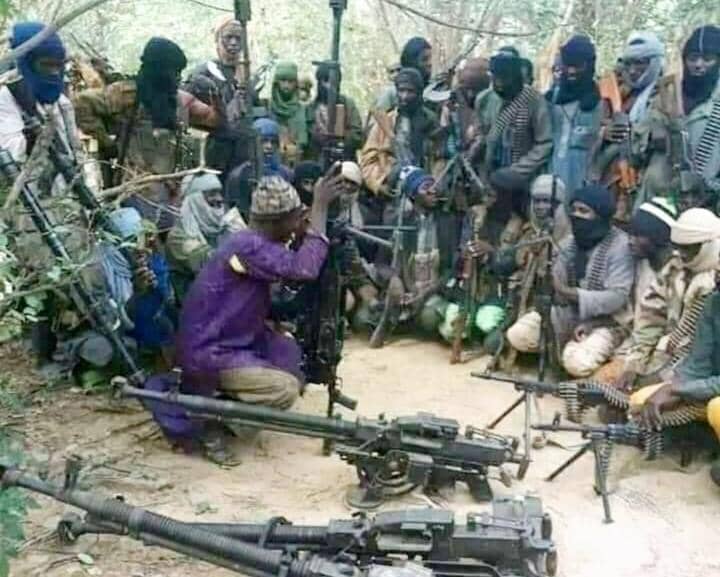A retired Joint Task Force (JTF) Commander, Dr. Isma’il Tanko Wudilawa, has alleged that foreign actors are contributing to Nigeria’s insecurity.
His statement responds to claims by U.S. Congressman Scott Perry, who accused the United States Agency for International Development (USAID) of financing terrorist activities worldwide, including in Nigeria.
Perry, a Republican representative from Pennsylvania, made the allegations last week during the first session of the Subcommittee on Delivering on Government Efficiency.
According to Perry, USAID allegedly provides financial support to extremist organizations.
He stated, “Your money, $697 million annually, plus the shipments of cash, funds Madrasas, ISIS, Al-Qaeda, Boko Haram, ISIS Khorasan, terrorist training camps.”
Perry’s remarks have intensified scrutiny on USAID, with critics questioning whether U.S. aid is being misused to support terrorism.
In an interview with Daily Post in Kano, Dr. Wudilawa pointed to clear signs that foreign actors are fueling Nigeria’s insecurity.
He argued that Boko Haram and other insurgents in Nigeria demonstrate military capabilities beyond what local networks could achieve alone.
“The terrorists in our forests use advanced weapons that are not sourced within Nigeria,” he said.
“Their level of training and access to sophisticated arms indicate they receive external support.”
Wudilawa emphasized that captured insurgents have often carried foreign currencies, raising further concerns about international sponsorship.
He also claimed that multiple reports have documented helicopters dropping supplies—including weapons, food, and medical aid—to terrorist hideouts in remote areas.
“This is not speculation,” he stated.
“Credible reports confirm that helicopters deliver weapons to terrorists, reinforcing fears that Nigeria’s insecurity is not entirely homegrown.”
The retired JTF commander urged Nigerian authorities to address foreign involvement in the country’s security crisis.
He warned that if these external factors remain unchecked, insecurity will continue escalating, threatening national stability.
“Addressing insecurity requires tackling both internal and external threats,” Wudilawa said.
“Stronger intelligence gathering, enhanced border security, and diplomatic engagement with countries linked to arms smuggling are essential to controlling this crisis.”
He encouraged Nigerians to remain vigilant and report any suspicious activities to security agencies.
“This is a national fight, and every citizen has a role in ensuring security,” he stated.
“People should report strange movements, unfamiliar gatherings, and any suspicious activities in their communities.”
Dr. Wudilawa cautioned that allowing foreign involvement in Nigeria’s insecurity to persist could severely impact the country’s unity and economic progress.
“Nigeria already faces multiple security challenges,” he said.
“If external actors keep fueling insurgency, restoring peace will become even more difficult.”
His statement has reignited debates on the role of foreign entities in Nigeria’s security situation.
Some security analysts argue that tackling insecurity requires not only military intervention but also diplomatic efforts to prevent external funding and arms smuggling.
Many Nigerians have urged the government to take decisive action against rising insecurity and protect national sovereignty.
As discussions continue, stakeholders emphasize the urgent need to prevent foreign interference and strengthen Nigeria’s long-term security.







